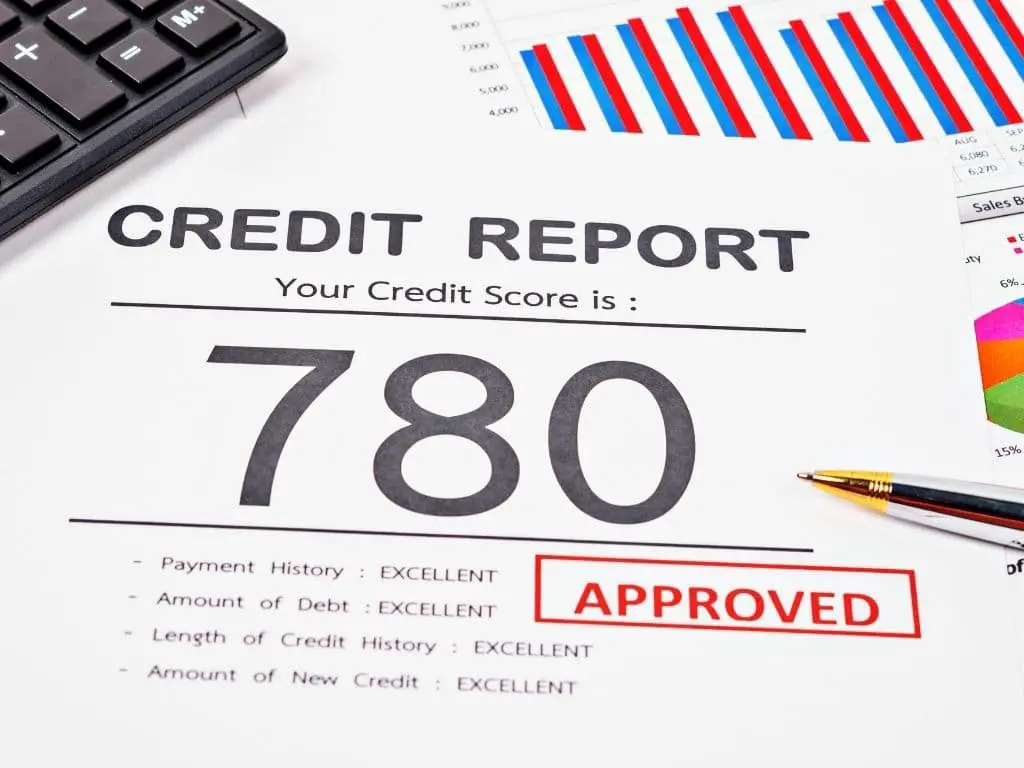Physical Address
304 North Cardinal St.
Dorchester Center, MA 02124
Physical Address
304 North Cardinal St.
Dorchester Center, MA 02124
A hard inquiry is when a financial institution like a mortgage lender requests your credit report from one of the three major credit bureaus – Experian, Equifax or TransUnion. This occurs when you apply for new credit like a mortgage, auto loan or credit card.
Hard inquiries are different from soft inquiries, which are when you or a creditor checks your own credit report. Soft inquiries do not affect your credit score.

Hard inquiries can have a small, temporary negative impact on your credit score. Each hard inquiry can potentially lower your credit score by 5 to 10 points according to credit scoring company FICO.
Hard inquiries make up about 10% of your overall FICO credit score. Other major factors include your payment history (35%) and amounts owed (30%).
The more recent the inquiries, the more impact they can have. As time passes, the effect diminishes. Hard inquiries generally stop impacting your score after one year.
When you apply for a mortgage loan, lenders need to assess your creditworthiness to determine if you qualify. To do this, they perform a hard inquiry on your credit report according to Investopedia.
They review factors like your payment history, debts owed, length of credit history and any new credit accounts opened. Hard inquiries give them a complete picture of your current financial situation.
According to the Consumer Financial Protection Bureau, hard inquiries remain on your credit report for two years. However, they only impact your credit score for about one year.
After two years, the inquiries will drop off your report completely. Even if you are denied credit, the inquiry will still appear but creditors cannot access the details.
You cannot dispute legitimate hard inquiries from mortgage lenders. They have a right to review your credit report when you authorize it by submitting an application.
However, if you notice a hard inquiry that is unauthorized or fraudulent, you should dispute it immediately with the credit bureau. Providing proof the inquiry is invalid can get it removed.
When you or a creditor checks your own credit report, it counts as a soft inquiry. Examples are when you check your credit score or a creditor checks your report for a credit limit increase.
Soft inquiries do not impact your credit score at all. Hard inquiries are when new creditors like mortgage lenders check your credit report when processing a new application. Only hard inquiries affect your score.
Most mortgage inquiries cause a credit score drop of 5 to 10 points according to credit scoring company FICO. However, the impact depends on your individual credit situation.
Those with excellent credit scores above 740 may only see a 3 to 5 point drop. People with lower scores around 680 could potentially see larger declines around 10 points. The more inquiries recently, the more potential impact.
When applying for a mortgage, you can take steps to minimize the effect on your credit:
Submitting many mortgage applications can be perceived as risky by lenders. Multiple hard inquiries in a short period can potentially have a negative cumulative effect.
Shopping around with too many lenders before submitting a full application is one scenario. Instead, narrow down top choices after prequalification.
Concentrating your applications into a short time period, such as 30 days, can help. Credit scoring models understand rate shopping.
As opposed to spread out inquiries over many months, which could appear like you are desperately seeking credit.
Avoid any late payments on existing debts or taking on new loans during the home loan process. Pay all bills on time and refrain from opening new credit cards.
Lenders will check your credit again right before closing. Any red flags could derail an approved application.
Prequalification and preapproval allow you to shop with limited impact to your credit score. A soft inquiry is often conducted first.
Once preapproved, many lenders allow 30-60 days to find a home before completing a full application with the hard inquiry.
Consumers can get a free copy of their credit report from each of the three major credit bureaus once a year according to AnnualCreditReport.com.
Checking reports regularly enables you to dispute any errors and ensure all information is accurate before applying for a mortgage.
Yes, multiple hard inquiries from mortgage lenders in a short timeframe can potentially hurt your credit score.
CreditKarma notes that while most scoring models count mortgage or auto loan inquiries within a 30 day period as one inquiry, multiple inquiries over several months are treated separately.
Spacing out mortgage inquiries over many months can give the impression you are desperately applying for credit. Sticking to a narrow search period is better.
If you dispute the validity of a mortgage lender’s credit inquiry, the first step is to contact the lender directly for more information or to request they remove it if invalid.
If the lender does not resolve the issue, you can file a dispute with the credit bureau who provided the report. Supply any supporting documents that demonstrate the inquiry was unauthorized, inaccurate or fraudulent.
You can also submit a complaint with the Consumer Financial Protection Bureau or your state attorney general’s office if the lender fails to address your dispute.
Monitoring your credit report regularly can help identify any suspicious inquiries quickly. Consumers are entitled to free annual credit reports from each bureau.
Regularly reviewing your credit report enables you to stay informed of all credit information being provided to lenders like mortgage companies and take action on any disputes in a timely manner.